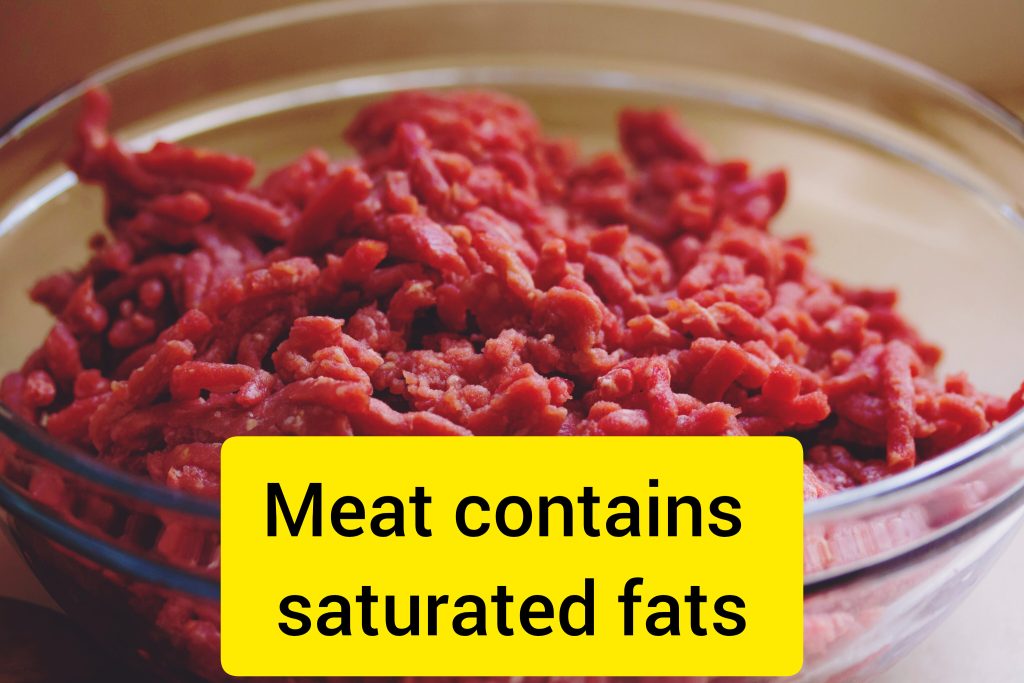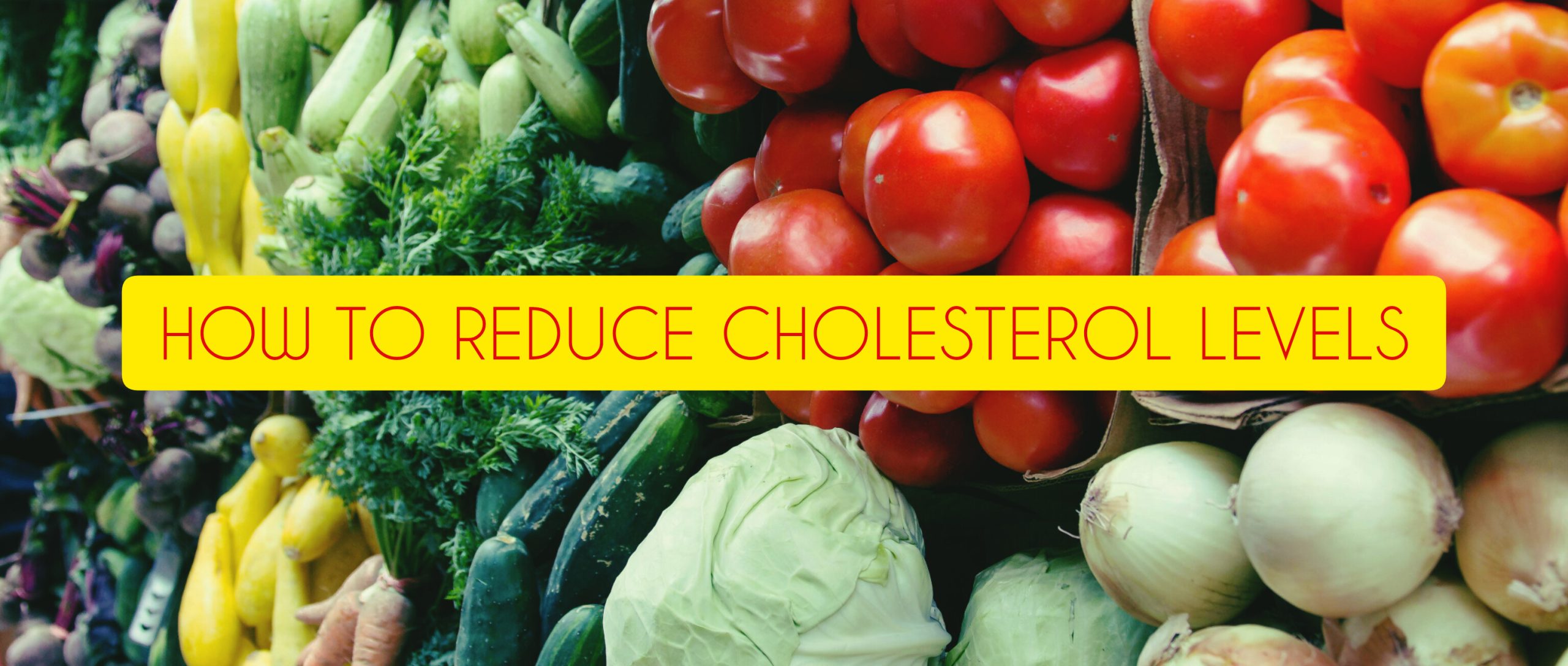Table of Contents
Introduction
Cholesterol is a waxy and fatty substance produced and bio-synthesized in the body of all animals. It is helpful in the formation of cell membranes and, the production of important hormones like testosterone and estrogen. It is also helpful in the synthesis of Vitamin D, which has a major role in the strength of bones and immune system. But the higher level of cholesterol level is harmful to health. High cholesterol levels kill more than 4.4 million people every year. We can reduce our increased cholesterol levels by taking wise steps.
Transportation / Harms and Benefits
Cholesterol doesn’t travel independently. It allies with proteins to form lipoproteins and they play their role as cargo vehicles. There are two types of lipoproteins:
- Low density lipoproteins (LDL) are considered “bad” lipoproteins because high levels of LDL make a collection of cholesterol in the arteries which cause high blood pressure, heart diseases and failure.
- High-density lipoproteins (HDL) are considered “good” because they have a lower risk of heart disease.
Sources
Liver: The liver naturally produces cholesterol but the quantity depends on genetics, weight and certain medical conditions.
Diet: Food that contains trans and saturated fats higher LDL level which is not good for health while food with unsaturated fats and fibers decreases the level of LDL and increases the level of HDL which is surely good for health.
Metabolism and Absorption
We should try natural and physical strategies to reduce cholesterol levels because we can’t eliminate it from the body. It gets recycled within the body. It is excreted from the liver into biliary fluids and then stored in the gallbladder. The gallbladder excretes those fluids into the digestive intestine. Ordinarily, 50% of that excreted cholesterol gets reabsorbed directly in blood flow.
Strategies to reduce Cholesterol Level
If you’re facing a high level of cholesterol, you should try these strategies to decrease it.
1. Exercise
Running:
Run for at least 20 to 30 minutes in the morning everyday. It will improve your physical health and decrease your cholesterol levels.
Muscular:
If you’re not facing any medical condition like arthritis then stretch your muscles by doing muscular exercises like squats. jumps and push-ups.
Sports: If you get bored by exercising, you can take part in sports like football, basketball or swimming.
2. Diet Plan
You have to take the food with more fiber and unsaturated fats but avoid or take less food with saturated or trans fats.
Food that Decreases Cholesterol Level
Vegetables:
Eat more vegetables especially dark leafy greens (Spinach, Kale, etc), Eggplant, Okra, Brussels sprouts, etc because they are rich sources of soluble dietary fiber.
Fruits:
Eat more fruits like apples, strawberries, grapes and citrus fruits because they’re rich sources of vitamins and dietary fiber so they not only help us to reduce our cholesterol level but also helpful in other functions of the body to keep us healthy.

Fatty Fishes:
Eat fatty fishes like Eels, Tuna, Salmon, Trout, etc instead of red meat or processed meat because they contain unsaturated fats so, it doesn’t increase cholesterol levels.
Beans and Legumes:
Beans and legumes like chickpeas, lentils, black beans etc are rich sources of soluble fiber.
Whole Grains:
Grains like oats, barley and brown rice are rich sources of soluble fiber with no saturated fats.
Nuts:
Nuts (almonds, peanuts, spears, etc.) are beneficial and protective nutrients to the heart.
Vegetable Oils:
Use oils like olive, canola, sunflower etc instead of coconut and palm oil.
Dietary Precautions:

Use less red meat, processed meat, coconut oil, palm oil, pastries and baked foods because they contain higher amounts of saturated fats and cause high cholesterol levels.
3. Give up Smoking
Smoking has terrible impacts on human health. It damages blood vessels, leading an increase in LDL and cholesterol levels.
4. Stress Management
Find proper solutions to your depressive problems because depression also harms your blood vessels through high blood pressure.
5. Green Tea
Green tea has a crucial role in the decrease of cholesterol levels. It prevents cholesterol from getting absorbed into the digestive system and its antioxidants reduce the inflammation of blood vessels.
6. Drink Water
Water helps in metabolic reactions so our liver also works better with water and produces a higher amount of HDL which doesn’t increase our cholesterol level. While dehydration causes a higher amount of LDL and cholesterol.
7. Visit a Doctor
Visit a doctor every month so he’ll keep an eye on your health overall.
Disclaimer:
This blog is a general guide related to cholesterol levels. Other medical conditions and indications also matter, so consult a doctor for proper suggestions and treatment.
Frequently Asked Questions:
Q 1. Can we reduce our cholesterol levels by losing weight?
A. No, if you lose weight by suffering hunger, you’ll have high LDL levels, increasing your cholesterol level too. But if you lose weight by exercise or some natural food then it will be helpful to decrease cholesterol levels.
Q 2. What are the symptoms of increased cholesterol levels?
A. Initially it doesn’t have any symptoms but after some time it causes narrow blood vessels, high blood pressure, heart disorders and stroke.
Q 3. How can we check cholesterol levels?
A. Cholesterol level can be diagnosed through a simple blood test.
Q 4. What are the ideal levels of cholesterol?
- Total Cholesterol: Less than 200 mg/dL
- LDL Cholesterol: Less than 100 mg/dL
- HDL Cholesterol: 60 mg/dL or higher
- Triglycerides: Less than 150 mg/dL
Q 5. What can cause high cholesterol levels?
A. Intake of saturated fats, physical inactivity, genetics (sometimes), smoking, diabetes, hypothyroidism etc can be the cause of increased cholesterol levels.
Additional Information
- If you have any questions, feel free to leave a comment. We will answer you.
- If you want to read a more detailed article on high cholesterol levels, click on the link below:

